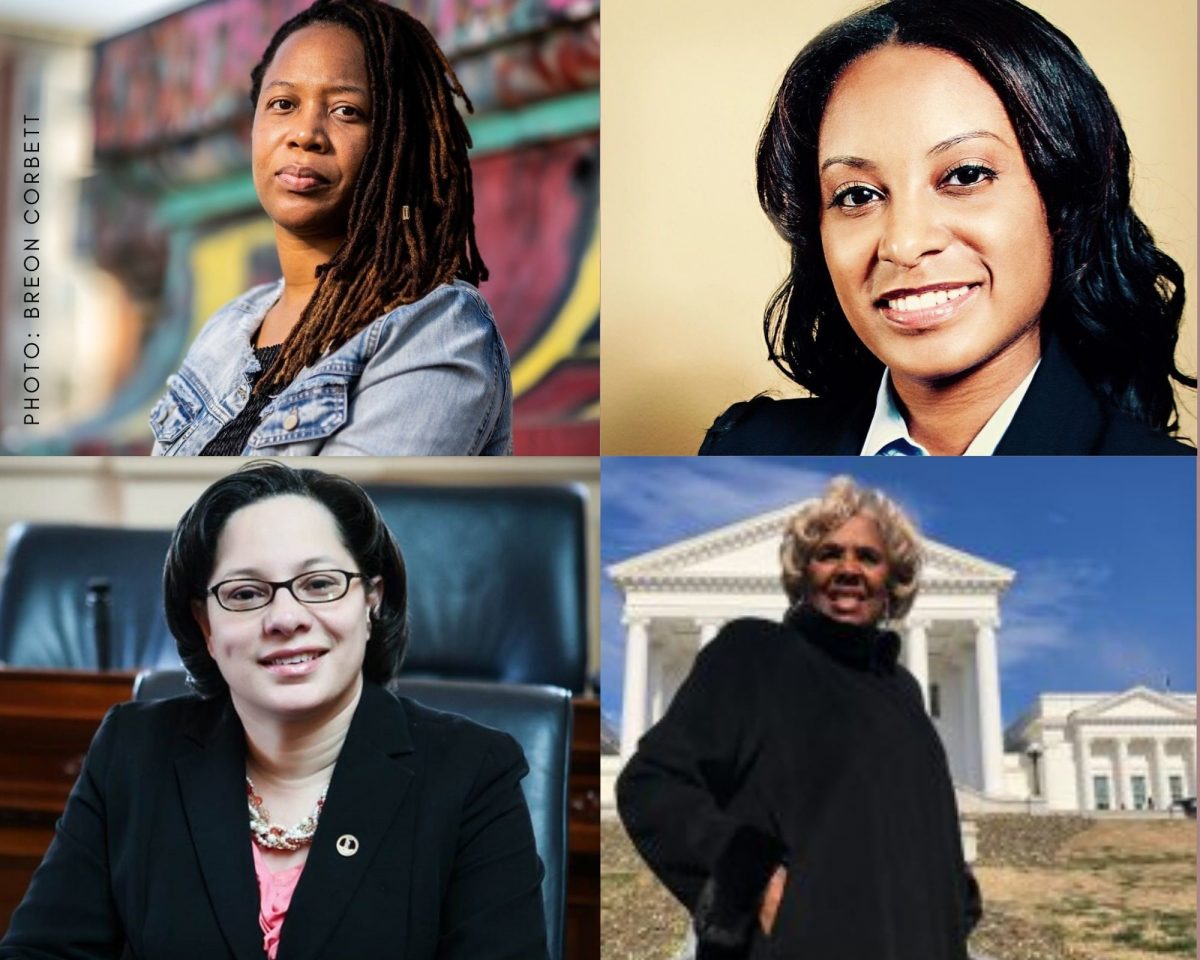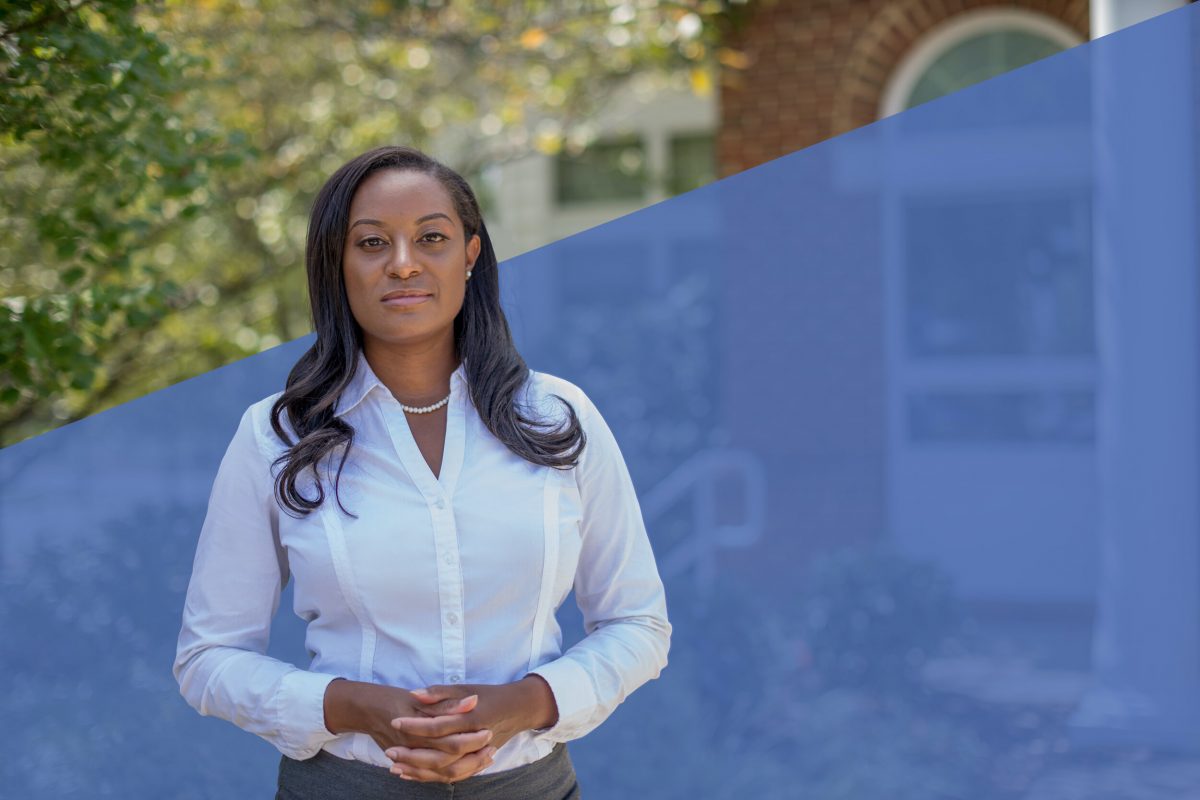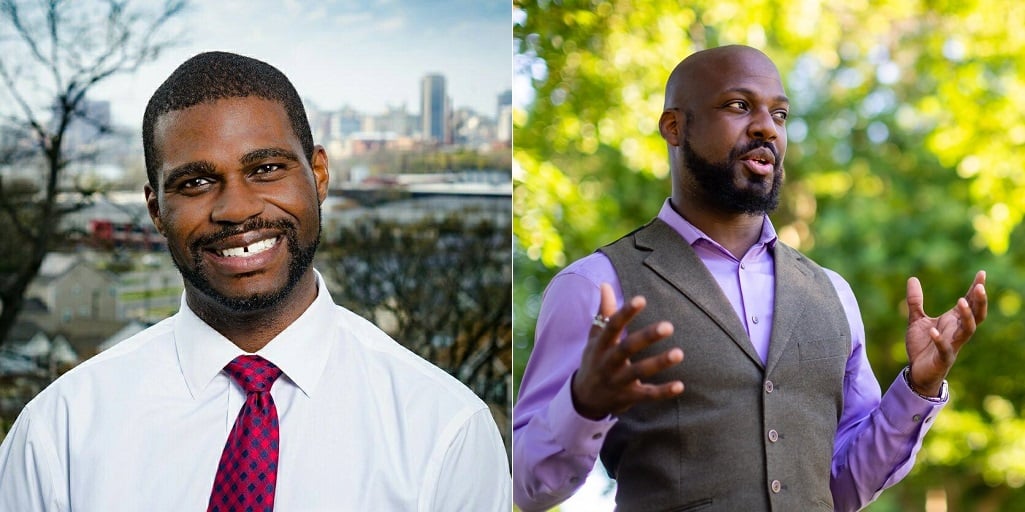Over 30 years after Virginia's (and the nation's) first Black governor, L. Douglas Wilder, was elected, a Black woman has still not been elected governor anywhere in the nation. Four candidates currently campaigning for governor of Virginia are attempting to change...





